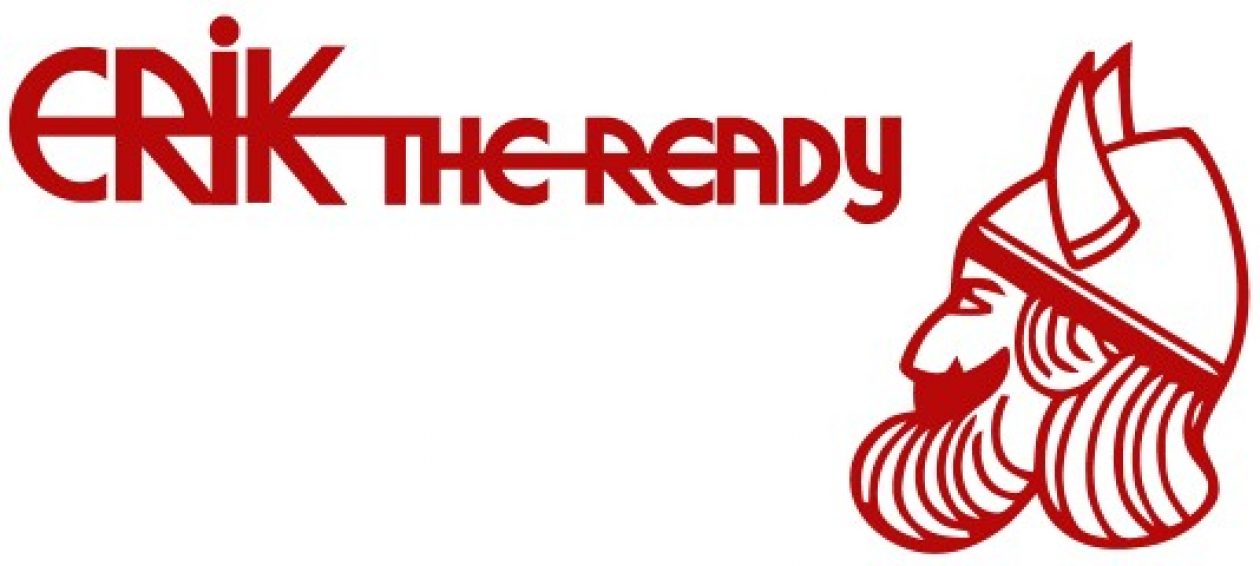I joined the Rhodesian regular army in March 1965 straight out of National Service during which time I had attended a course at the School of Signals. My excellent results led to my attestation into the Corps of Signals.
I continued as a signalman (private soldier) for perhaps two years because I still had to complete a REGULAR signals course to qualify for trade pay and be in line for promotion.
During this time, I performed all the duties of a fully qualified operator – minus the trade pay. Bummer!
I was fortunate as a young soldier to have served with some really good, conscientious young officers who took their leadership role seriously. They were interested in their men and would teach them about the responsibilities that may come as one’s army career progressed.
One such Officer Commanding (OC) was Lt Kim Christiansen who was OC K Troop at HQ 2 Brigade (years before the Signal Squadrons were formed).

On one brigade training exercise I – still a signalman – had been given the status of detachment commander. My radio crew consisted of four soldiers, a land rover and trailer kitted out with radios, battery charging and personal kit and the task of maintaining 24-hour communications. Immediately after pulling into the brigade area and siting my vehicle I walked off to the mess – leaving the men (they had done this before after all?), to sort out the kit.
Very shortly afterwards my OC came looking for me and called me out of the other ranks mess and asked me several questions:
- Do your men know where to sleep?
- Do they have a duty roster?
- Have the antennas been calculated and sited correctly?
- Has the camouflage been done correctly?
- Do they know their stand-to positions?
- Do they know where to go for food? For ablutions? For toilet facilities?
My youthful reply was that they had done this before so why the fuss?
Lieutenant Christensen then firmly pointed out to me that if I aspired to be in charge I needed to understand that leadership and management had responsibilities. If I wanted respect I had to earn it and it fell to me to look out for the men and set an example in every way. While he was not nasty about it he was very definite. I remember some of my peers scoffing at him behind his back. In retrospect of course he was right and I never forgot the lesson.
This officer saw something in me that I, as an eighteen or nineteen-year-old, was not aware of. He made me understand, in the short time he was my OC, that leadership and authority is a two-way street with much responsibility attached – particularly for the leader.
He had taken the trouble to provide leadership himself (not just be the boss) and, not only that, he provided training and an example that would forever stand me in good stead.
A few other officers and senior ranks influenced me similarly over the years, perhaps seeing in me a latent ability that would only come to the fore some years later. I regret not having had more such influences.
It does not matter whether you are in the military or a civilian – the principles of managing and leading people remain the same. Perhaps with a few other considerations driving it but in my mind the most important thing for a leader is to firstly set a good example and then be consistent, be firm and fair and recognise and reward good performance. Rewards can be as subtle as a thank you – or a favourable comment on a job well done.
A bit like bringing up a child – or training a dog perhaps? Consistency and fairness also play a big part.


You must be logged in to post a comment.